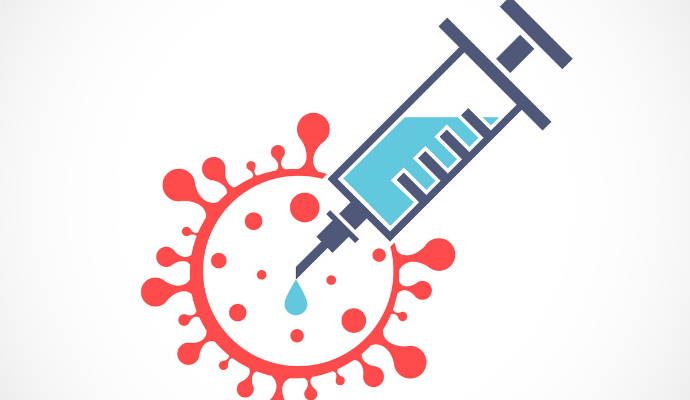Moderna Doses First Patient in HIV mRNA Vaccine Clinical Trial
The primary hypothesis is that the HIV-uninfected individuals will tolerate the HIV envelope trimer mRNA vaccines and elicit autologous neutralizing antibodies.

Source: Getty Images
- Moderna recently dosed the first participant in an HIV trimer mRNA vaccine (mRNA-1574) clinical trial.
The open-label Phase 1 trial will evaluate the safety and immunogenicity of experimental HIV trimer mRNA vaccines in nearly 100 HIV-negative adults aged 18–55 years. The primary hypothesis is that the HIV-uninfected individuals will tolerate the soluble membrane-bound HIV envelope trimer mRNA vaccines and elicit autologous neutralizing antibodies.
“We are advancing our strategy to utilize multiple mRNA-encoded native-like HIV trimers and leverage the power of our mRNA platform to accelerate the discovery of a protective HIV vaccine,” Stephen Hoge, MD, president of Moderna, said in the announcement.
“This study is another step in our fight against HIV, as well as other latent viruses such as our recently launched studies in CMV and EBV,” Hoge continued.
The Division of AIDS (DAIDS) of the National Institute of Allergy and Infectious Diseases (NIAID) within the NIH will sponsor and fund the trial. William Schief, PhD, professor at Scripps Research and executive director of vaccine design at IAVI’s Neutralizing Antibody Center (NAC), and colleagues developed the envelope trimers in the study.
The NIAID (DAIDS) Consortium for HIV/AIDS Vaccine Development (CHAVD) funded the development of the HIV trimers and manufactured mRNA-1574.
HIV is one of the most severe public health challenges. In 2020, there were 37.7 million people globally infected with HIV. And in 2021, 28.2 million people were receiving antiretroviral therapy.
Moderna is advancing two HIV preventative vaccine strategies based on germline targeting and immune-focusing approaches. The company is also partnering to test HIV vaccine antigens mRNA-1644 and mRNA-1644v2-Core, which are currently being evaluated in a Phase 1 trial.
In February, Moderna and IAVI dosed the first two patients in the clinical trial of experimental HIV vaccine antigens at the George Washington University (GWU) School of Medicine and Health Sciences.
The Phase 1 trial will test if sequential administration of priming and boosting HIV immunogens delivered by mRNA can induce specific classes of B-cell responses and guide early maturation toward neutralizing antibody development.
Larry Corey, MD, principal investigator, HIV Vaccine Trials Network (HVTN) leadership operations center, stated that the most recent Phase 1 study will pave the way for continued approaches for using mRNA in HIV.
